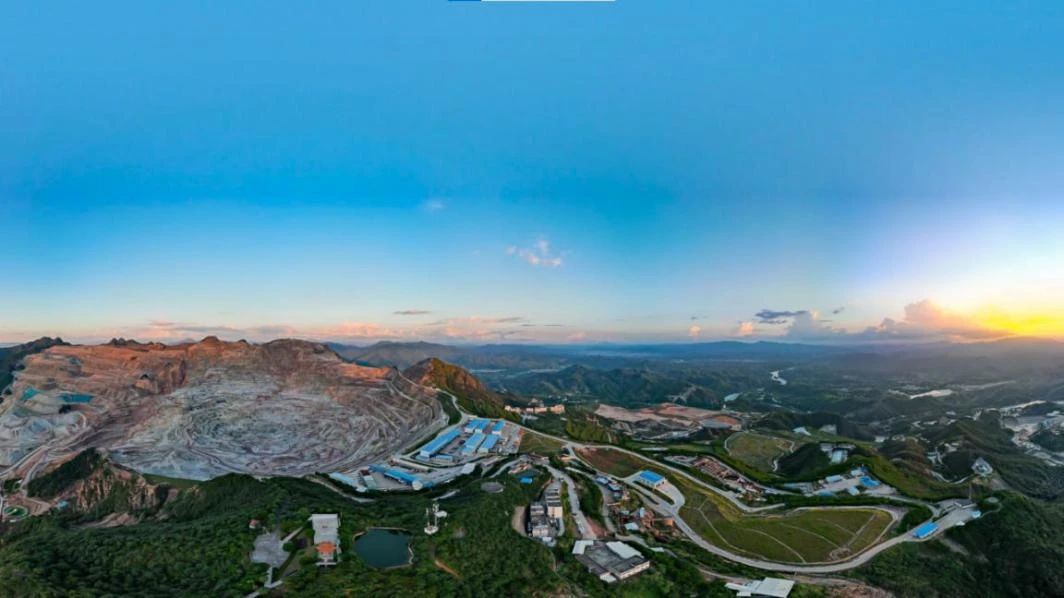
Apr 08, 2022
Britain's Moxico Resources plans to invest $100 million to expand development of its Mimbula copper mine in Zambia, Vicky Ford, the country's minister for Africa, said on Wednesday.
The investment will create new jobs and increase tax revenues for the Zambian government, Ford said in a statement released by the British High Commission in Zambia.

Ford is in Zambia to launch a new investment model. She said it marked a critical moment for the UK to finance private sector growth and infrastructure across Africa.
"We are committed to supporting countries in developing their own economies, facilitating private sector investment and trade, and providing returns that support wider socio-economic development," Ford said.
The Mimbula Copper project is located in the copper belt on the outskirts of The town of Chingola in Zambia, more than 400 km northwest of Lusaka.
Moxico Resources, through its Zambian subsidiary Mimbula Minerals, holds a large mining licence for the copper mine, which is rich in reserves.
Mimbula Minerals is 85 per cent owned by Moxico, of which 15 per cent is held by Moxico's Zambian partner. The mining license was issued in May 2017 and is valid for 25 years.
Despite the severity and complexity of COVID-19, European and American countries have increased their investment in Africa this year. For example, the US invested $537 million to build a new CONSULATE building in Lagos, Nigeria, which will be the largest US consulate in the world. The United States pledged $1.5 billion in aid to Mozambique and so on. Main reasons:
Africa offers an alternative to supply challenges in the wake of the conflict in Russia and Ukraine;
Nearly half of The African countries chose neutrality or abstention in the vote of the UN General Assembly demanding Russia's withdrawal, because African countries depend on Russia for food, military aid and investment to a certain extent, or are unwilling to get involved in the "cold War".
China's dynamic zero-out of epidemic prevention and control has affected its competitiveness in Africa to some extent.